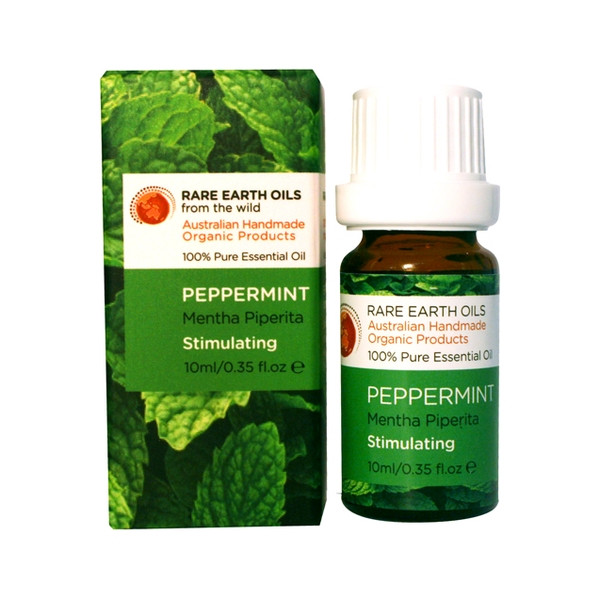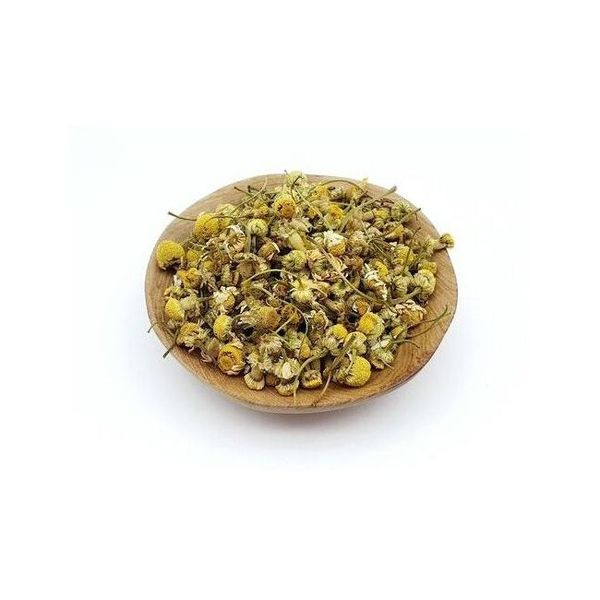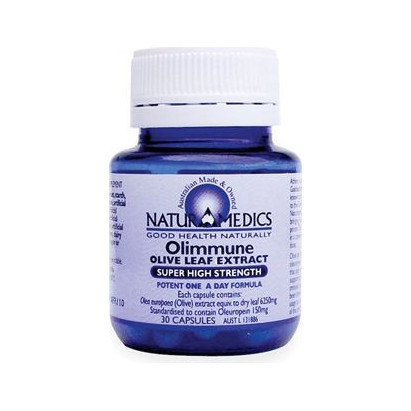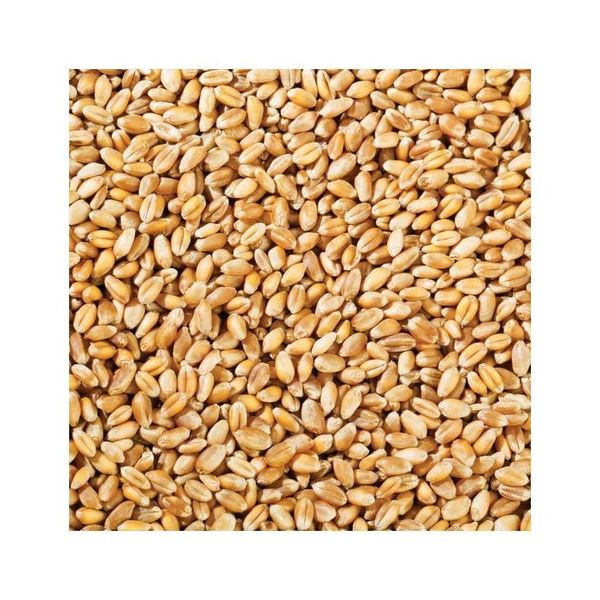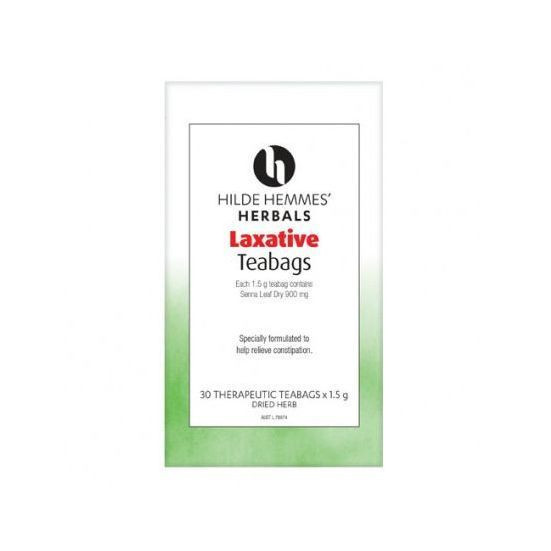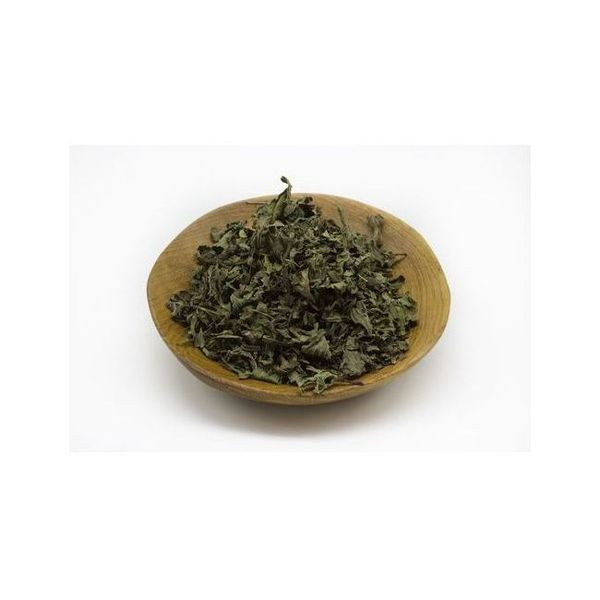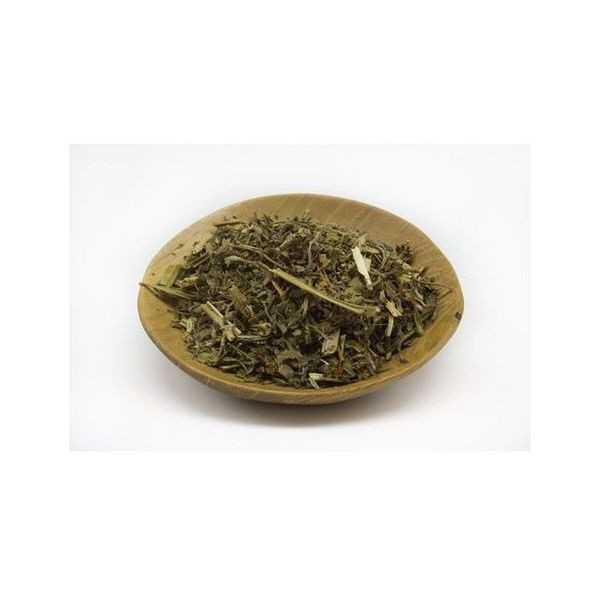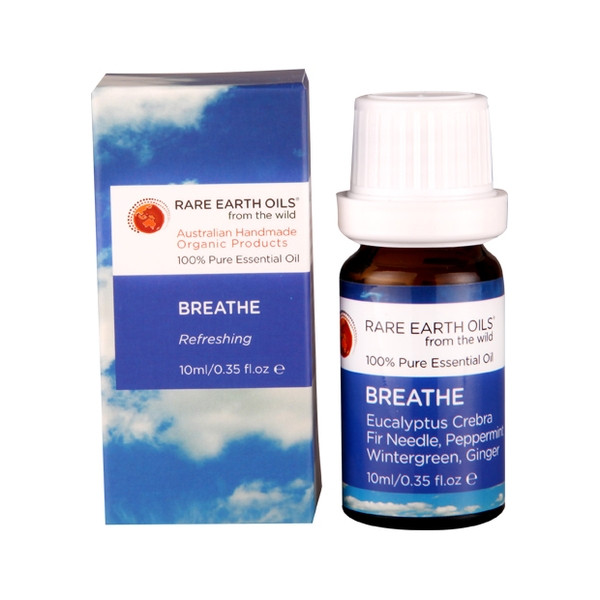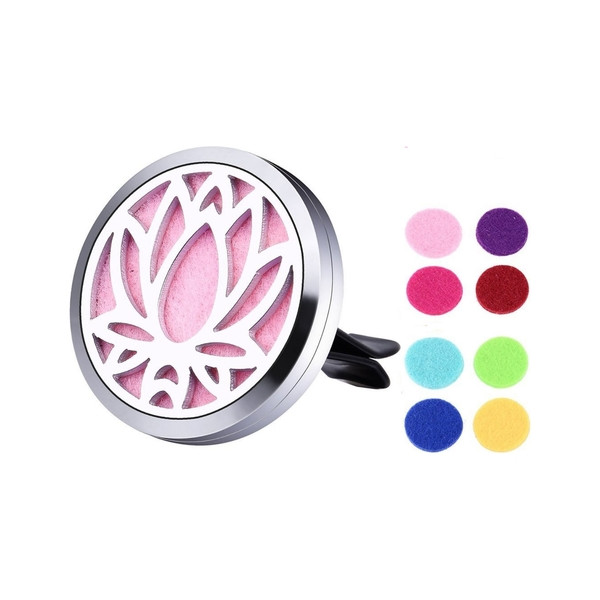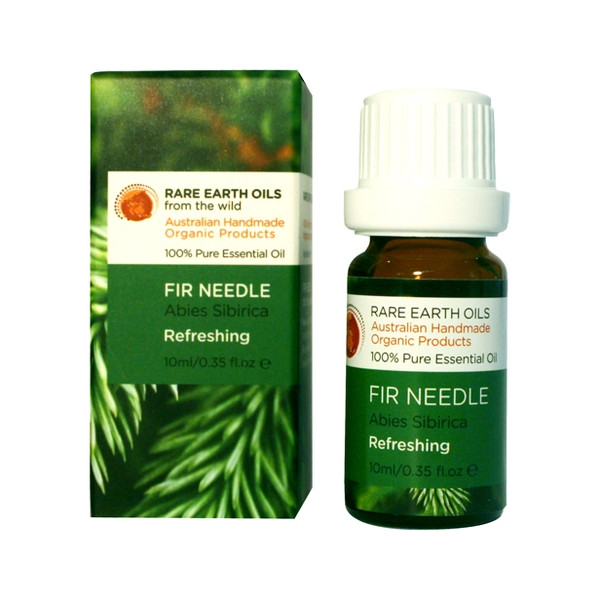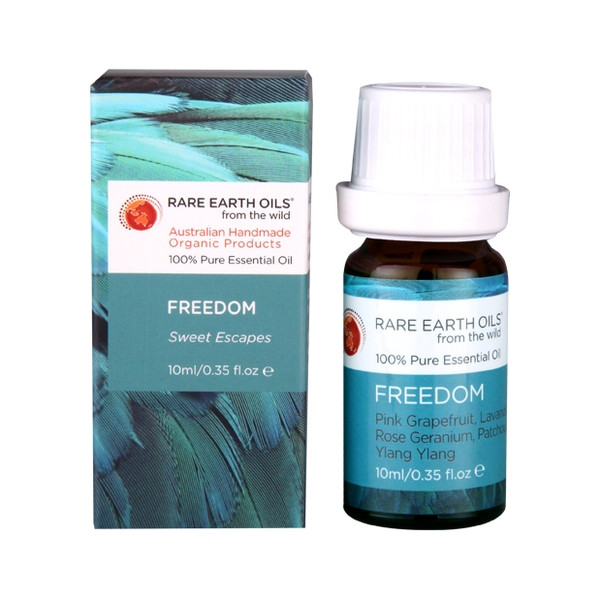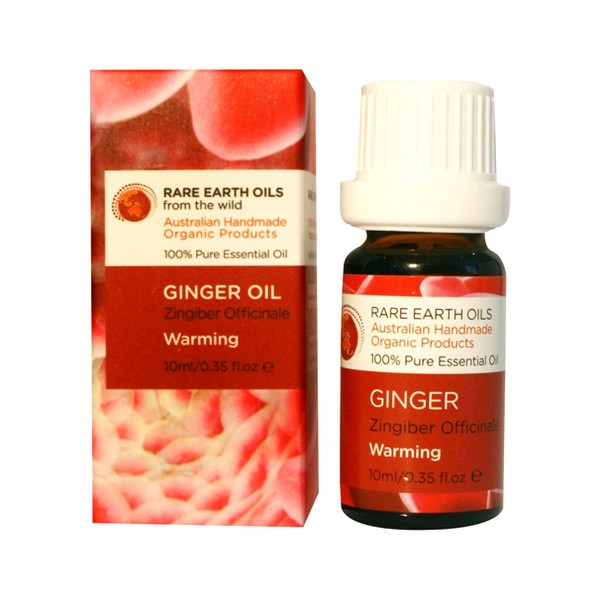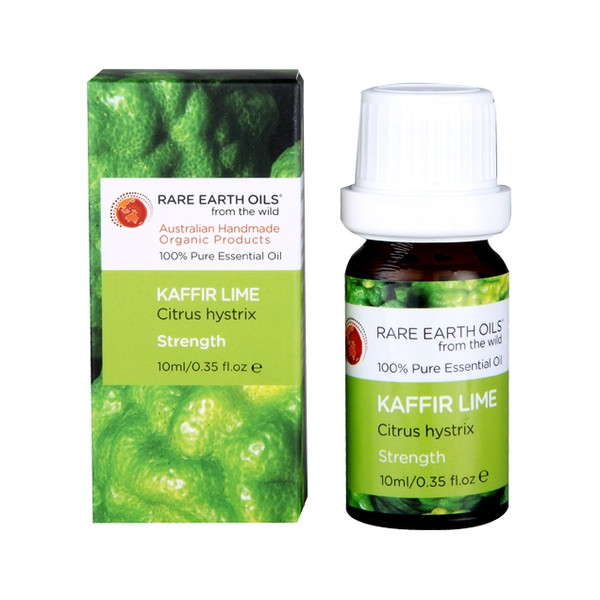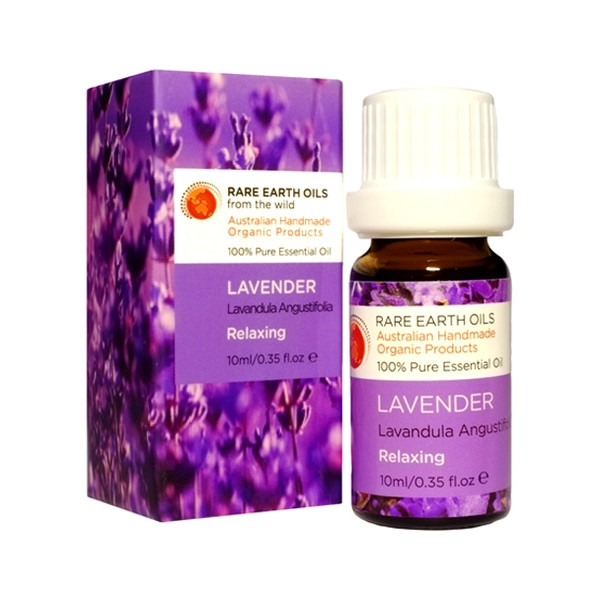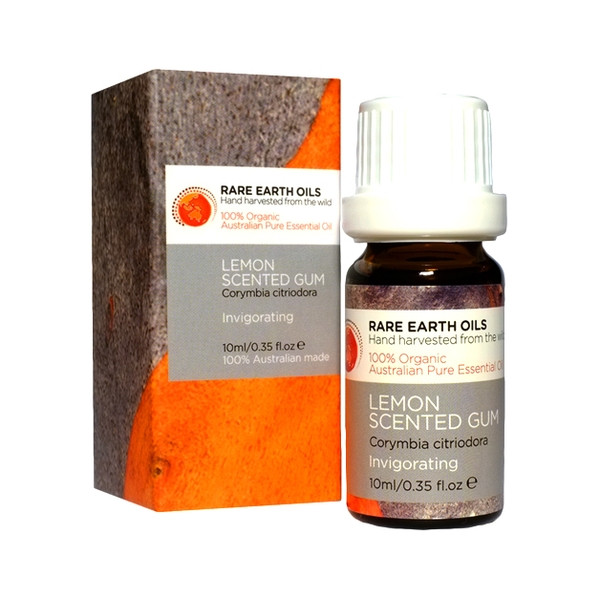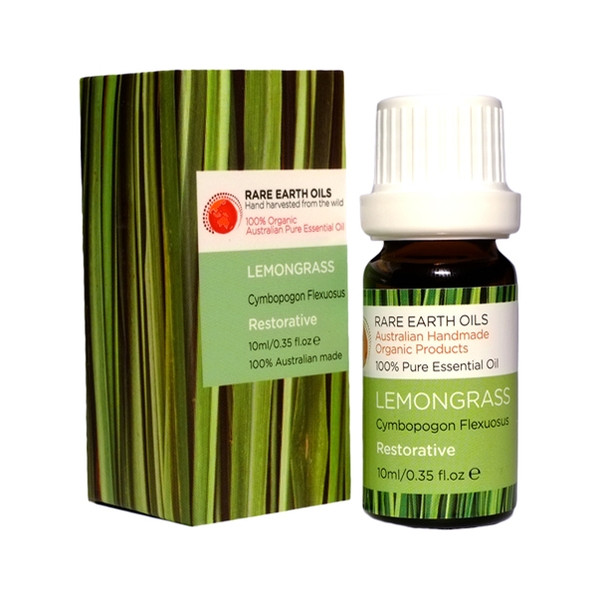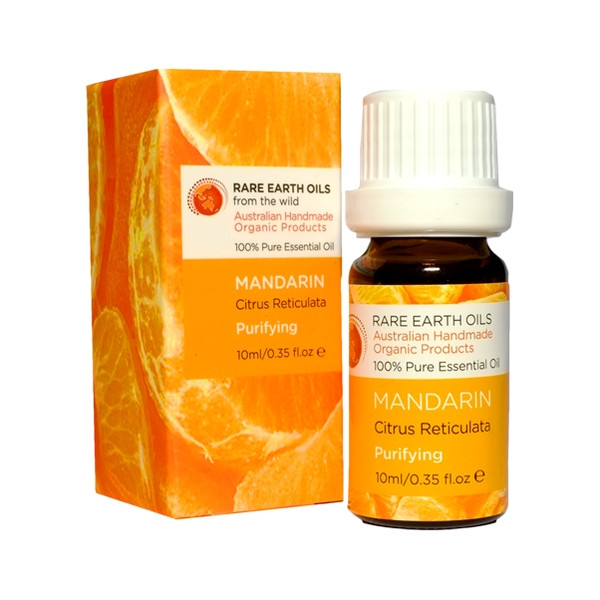-
Chamomile Flowers 100gms
$10.00 -
Organic Wheat Grain 1kg
$7.95 -
Peppermint Leaf 100gms
$10.00
Botanical Name: Menthax piperita Family Labiate or Lamiaceae
Energising
- Headaches and Pain
- Digestion
- Study
- Lymph circulation
Historical and Traditional Uses
It has been shown in clinical studies that peppermint oil has a very strong positive effect on the liver and gall bladder, and has long been considered a good remedy for digestive problems. It has also been found that is has a strong effect on preventing spasms in the gut- such as colonic spasms.
In other clinical studies it has also been shown to have significant antibacterial and antifungal properties. Also included in treatments for sinus infection and congestion, coughs, colds and the flu, especially when there are headaches and fever present.
It was also confirmed that diluted peppermint oil significantly reduces the pain of headaches. Considered by Asian, Ayuvedic and European herbalists to be a superior oil to ‘liberate’ the lymphatic system and improve circulation.
Because of the menthol content in peppermint oil it was considered significantly similar to a mild anaesthetic for the skin and was used in muscle rubs and liniments for bruises, joint pain, contusions, arthritis, muscle pain and spasms, myalgia and neuralgia.
Peppermint was used on the skin to relive the symptoms of; burns, sunburn, insect bites, skin irritations and itching. Peppermint oil should only be used on the skin at a dilution rate of 1% or less.
Aromatherapy:
In aromatherapy it is used to promote alertness, clear the head and help you think, work or study by improving concentration and reducing mental fatigue. Calming the nerves assists stress release and eases headaches.
Peppermint assists us to be more receptive to new ideas, giving us insight and inspiration. It nourishes our spirit and mind and helps us overcome inferiority or too much pride. The aroma creates cleanliness and will help meditation and an ethical lifestyle.
Suggested Uses
- Inhalation: Aroma Diffuser, Bath
- Add at 1% to massage oil for pain and headaches
- Add to skin balms at 1% for skin irritations, insect bites
Aroma: A minty sweet refreshing and invigorating sweet, clean, crisp high note. with a deep balsamic undertone.
